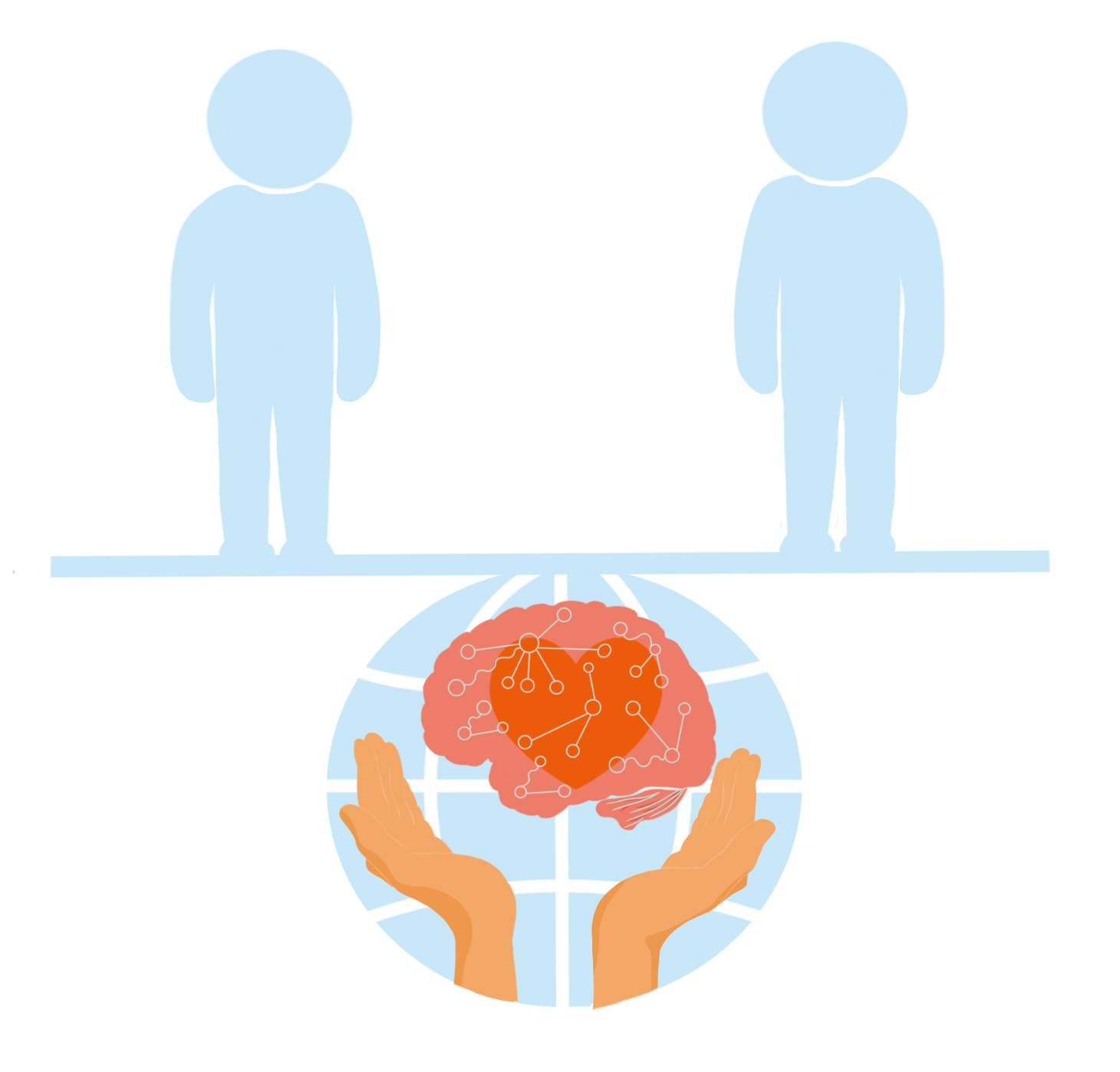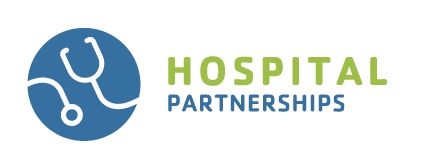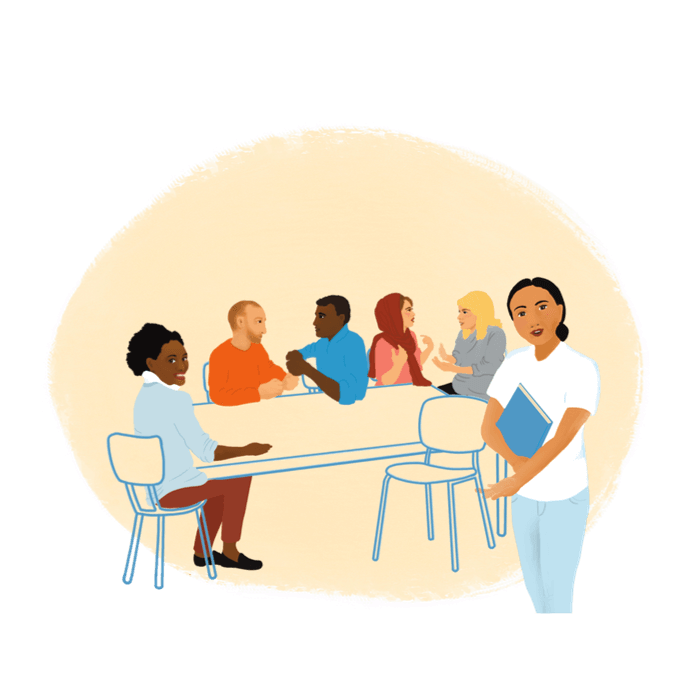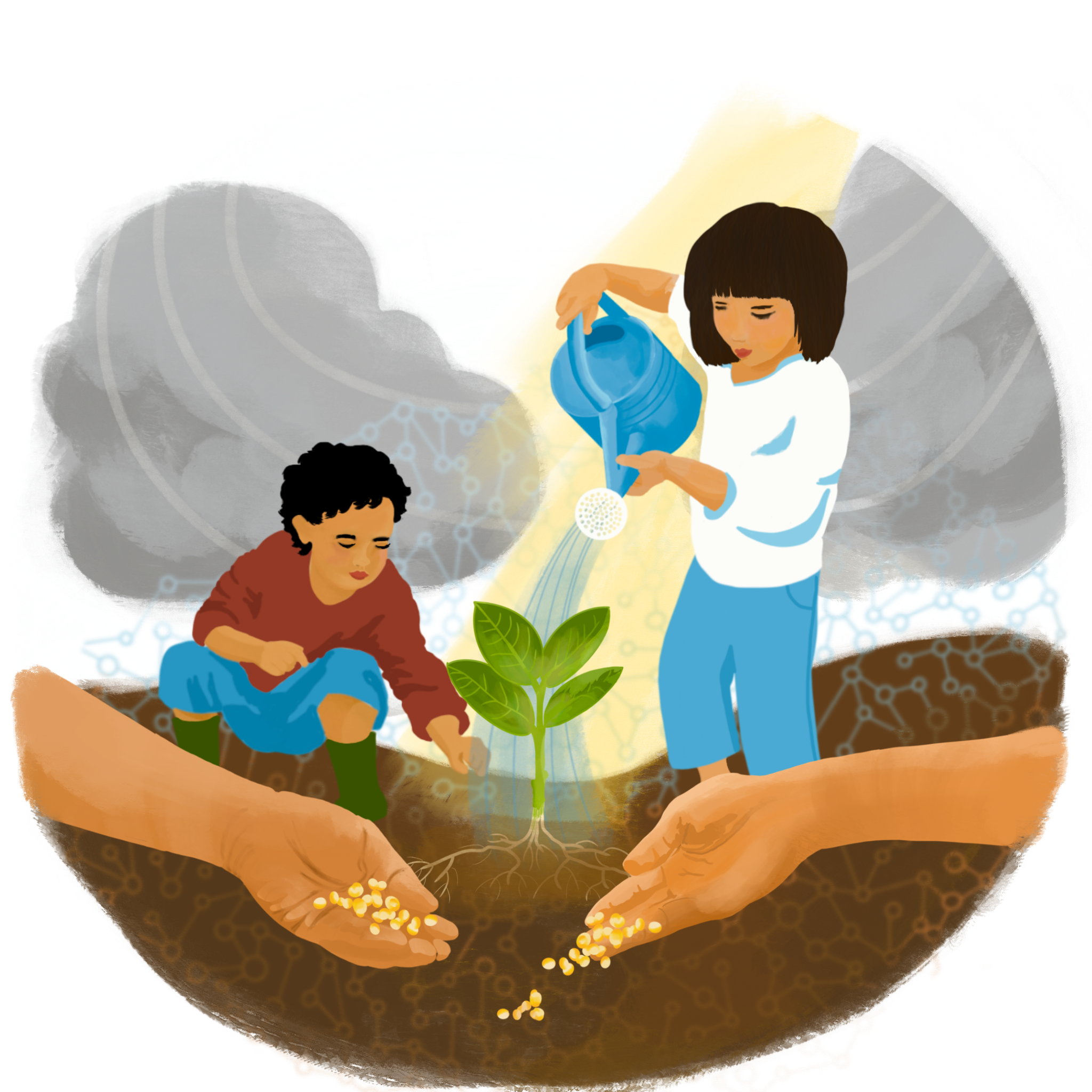RESEARCH & DEVELOPMENT

WHY WE DO RESEARCH
Strengthening the evidence base for community-driven mental health care is vital to driving change. An evidence base is a sufficient sum of research to demonstrate that what we are doing works well. Forming an evidence base requires a close look at how an intervention works over time. In addition to outcome measures, we also do research to ensure the quality of our work – both in terms of training and capacity building. None of this would be possible (or effective) without the active participation of the many individuals and organizations we work with.
HOW YOU CAN HELP
OUTCOME SURVEY
To measure how the Garden Method improves wellbeing, we invite everyone who registers to fill out a questionnaire before, after, 4 months after, and 9 months afterwards. By participating in our evaluation, you’re not only making a valuable contribution to CORESZON’s sustainable development; you’re also helping us establish the case for peer-to-peer mental health promotion and prevention!
INTERVIEW
Share your personal take on how easy or difficult it is to use the Garden Method in your everyday life with us in a telephone or Zoom interview.
The feedback that participants have shared with us over the past four years has helped us develop a program that has proven to be effective for many users. Your insights and suggestions are what help us continue to develop!
FOCUS GROUPS
What risks and resources influence how children grow up in your neighborhood? Should social connection be prescribed by professionals (for example signing up for group activities), or should citizens simply be given the space and resources to cultivate social connection in their neighborhoods? Share your views and ideas in a group discussion that helps design how our program is delivered.
GOOD TO KNOW
Research on the Garden Method has been approved by Hamburg’s Psychotherapist Association (06/2017-PTK-HH). In all of our research activities, we adhere to standard ethical research rules and German privacy protection regulations. These ensure that no harm is done. Everyone who participates in our program is free to choose whether they participate in our research, or not. Deciding not to participate has no disadvantages whatsoever.
RESEARCH QUESTIONS
We respond to what we learn from the people who participate in our training programs by integrating answers to the following questions into our approach: how easy/difficult is it to use the Garden Method for self-care and mutual support (acceptance), and do people find it helpful (efficacy)? And, equally importantly, do our workshops speak adequately both to people’s needs and their existing resources (quality assurance)?
Our evaluation helps us continuously improve the Garden Method’s efficacy as a preventative, peer-to-peer intervention. We measure this by looking at how effective the CORESZON Workshop is in reducing stressed improving physical, emotional and relational wellbeing over a longer period of time.
In addition, it helps us get a clearer picture of areas of our training and capacity building that need improvement. Here are some examples:
Example 1: ACCESSIBILITY
When we first started CORESZON, we soon identified how vital language, transparency and simplicity are to facilitating a sense of mastery and ownership around the topic of mental health. We responded to what we learned from our participants by choosing to call the method “The Garden Method for Community Wellbeing” after testing how readily participants shared their own ideas about what helps people thrive under adverse conditions when we began workshops by asking them to share their thoughts on the similarities between caring for a garden and caring for wellbeing, rather than a formal introduction.
Example 2: PRACTICABILITY
The Garden Method uses a body-based approach to stress regulation. The primary goal is to improve stress regulation by training awareness for bodily sensations of wellbeing. Our formative evaluation showed that many learners found it difficult to grasp this key aspect, thus reducing the method’s efficacy to a “positive thinking” approach. We responded by testing different ways of introducing the concept of body-based stress regulation and identifying questions, stories and activities that enable learners to better understand, develop and utilize their nervous system’s natural capacity to regulate stress.
Example 3: WHO IS CORESZON FOR?
The Garden Method Techniques are tried and tested tools that have been adapted for household use. Elements of the Garden Method have been adapted from the “Community Resiliency Model©”, which was developed by the Trauma Resource Institute in California, USA, and has proven to be an effective intervention in post-catastrophe settings.
Because CORESZON’s goal is about making mental wellbeing a whole-society endeavor, we asked people about their perceptions of our prevention program. This helped us identify and address a key challenge:
Awareness for social determinants of mental health is low. There is a widespread perception of mental health that focuses on individual strengths and weaknesses, while neglecting protective factors (e.g. social support, resource-sharing and community empowerment) that each and every one of us has the ability to contribute to.
This lead to the following adaptations:
- Focus on relational health rather than on trauma
- Emphasize that CORESZON is about strengthening community ties and social support
- Ensure sustainability by prioritizing mutual learning and collaboration - even if it means we move no faster than the speed of trust!









